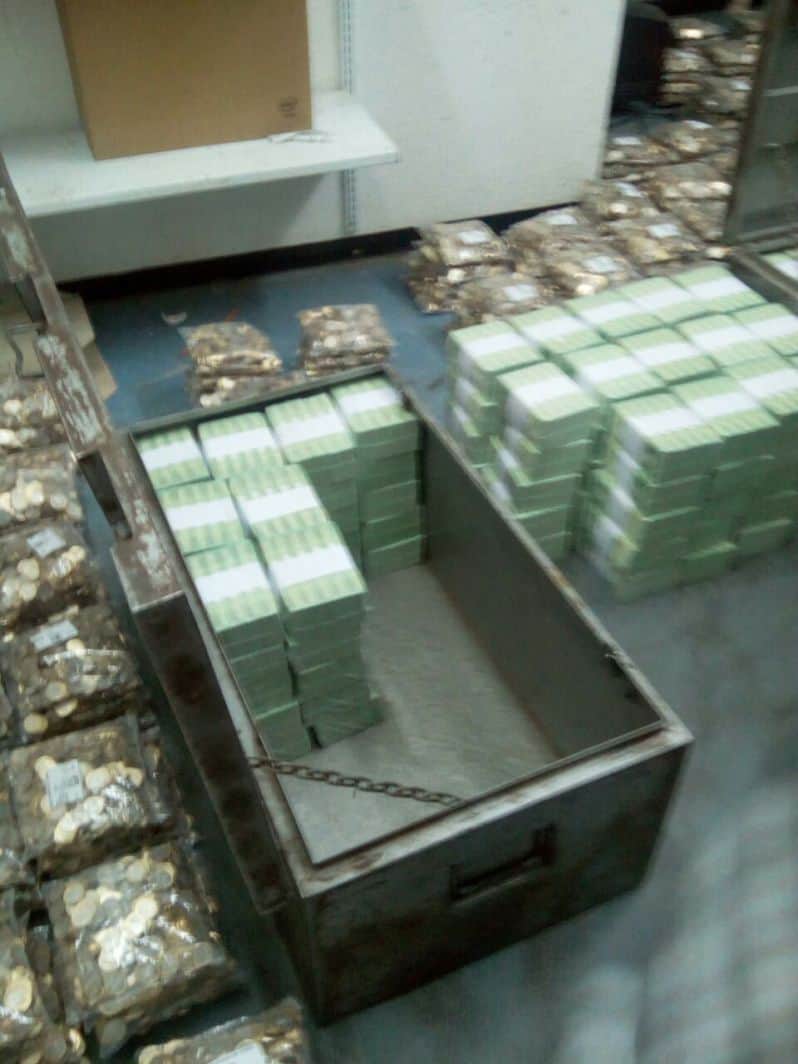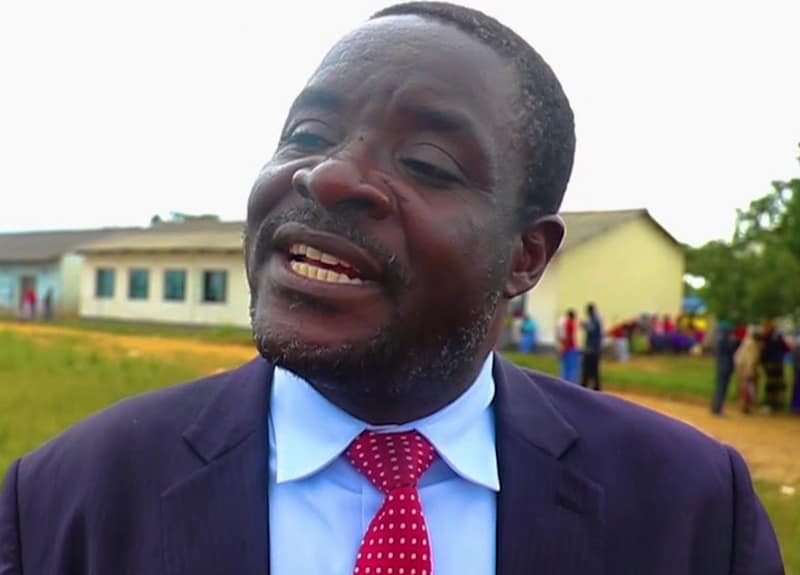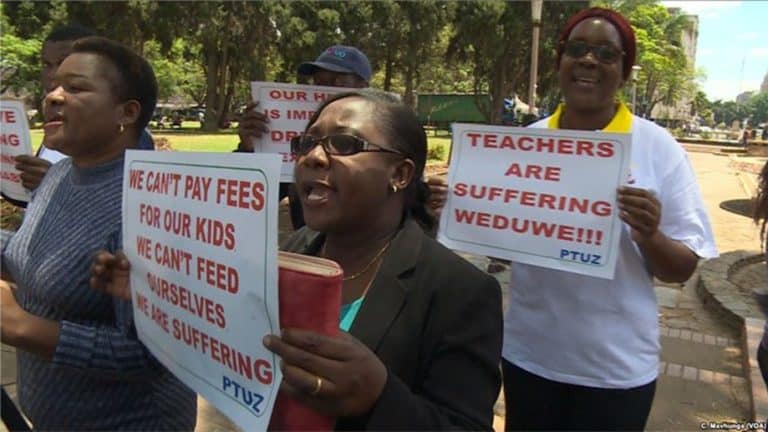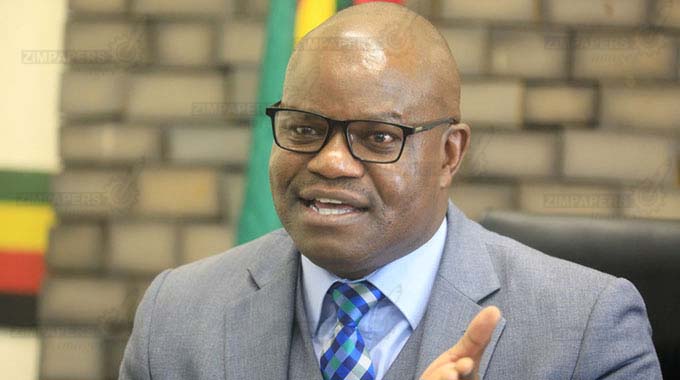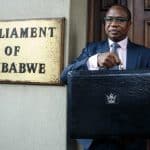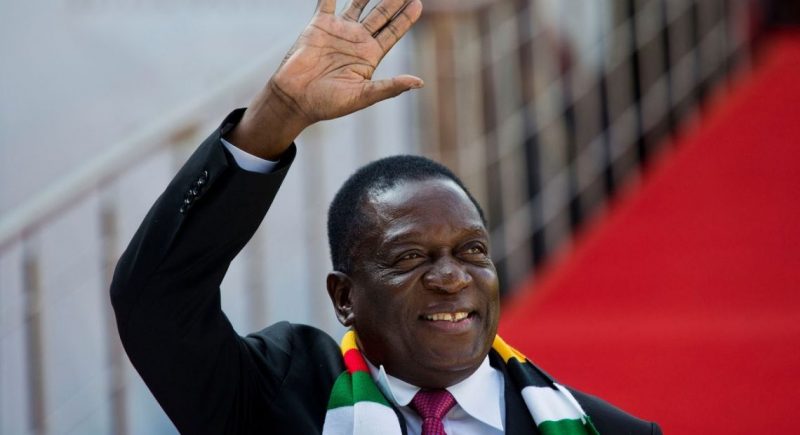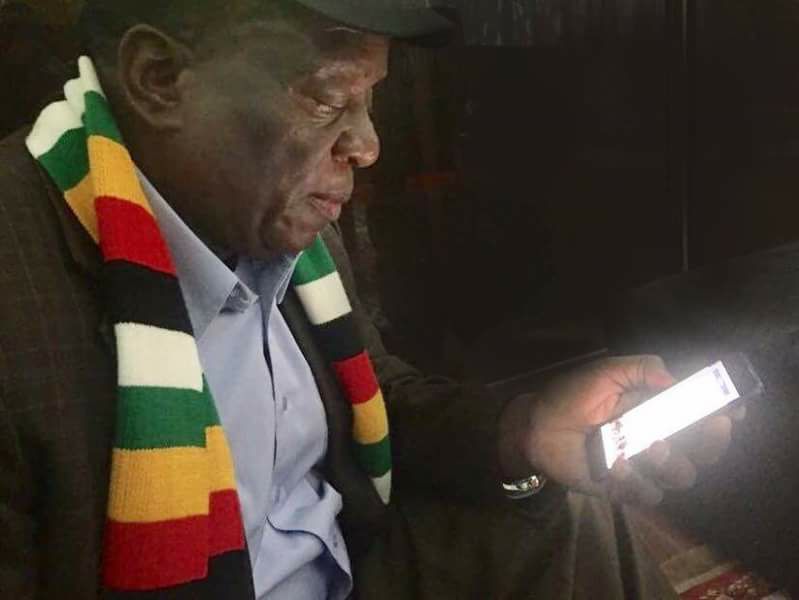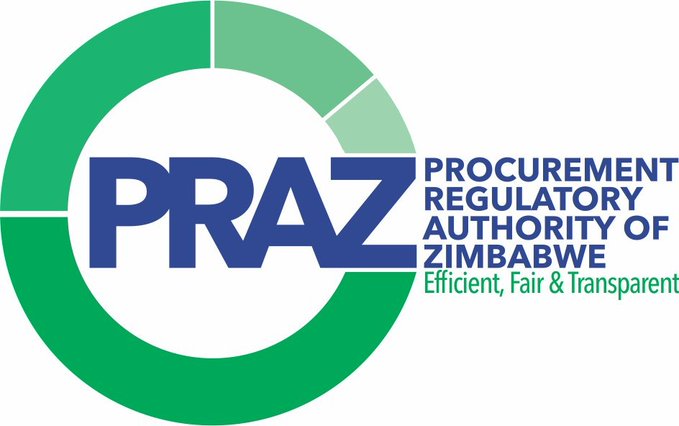Zimbabwe bank queues have been seen everyday since the country introduced new money, the bond notes.
While there are concerns that people might be trying to get their hands on few US dollars left in the banks, there are fears that a parallel market has already emerged in which the new currency is traded at a lower rate against the US dollar.
Yesterday zwnews.com ran a story on the bond note black market.
The country’s central bank has pulled all the stops to try and manage the injection of a local currency into the market with fears it could be fuel the black market.
Despite scepticism when the currency was introduced on Monday, Zimbabweans have largely resigned themselves to the reality of having a local currency as part of their transacting systems.
But the bond notes are already bringing back memories of the darkest days of the country’s collapsed currency. They bear a resemblance to the old Zimbabwean dollar but are meant to represent a value in US dollars.
“People are calling it zombie money, because it’s risen from the death of the Zimbabwe dollar and will be about as useful,” a Harare taxi driver told Bloomberg.
“We’ll use it to pay fines and bribes to the police.”
Fuel prices saw an 11.3% price difference in the cost of diesel between the US dollar and bond notes, said KPMG.
The reserve bank has also said the measure was aimed at boosting imports and exports, but it’s unclear how this helps beyond day-to-day transactions.
“I do not think that Zimbabwe has the current internal production or the export market to have a currency that is valued at the same rate as the US dollar,” Muziwethu Mathema, senior economic advisor with KPMG.
Speaking about the new money, Zimbabwe politician, Mr Tendai Biti warned President Robert Mugabe’s government that bond notes notes would fuel shortages, a black market and a host of other economic challenges that many Zimbabwe do not want to think about.

